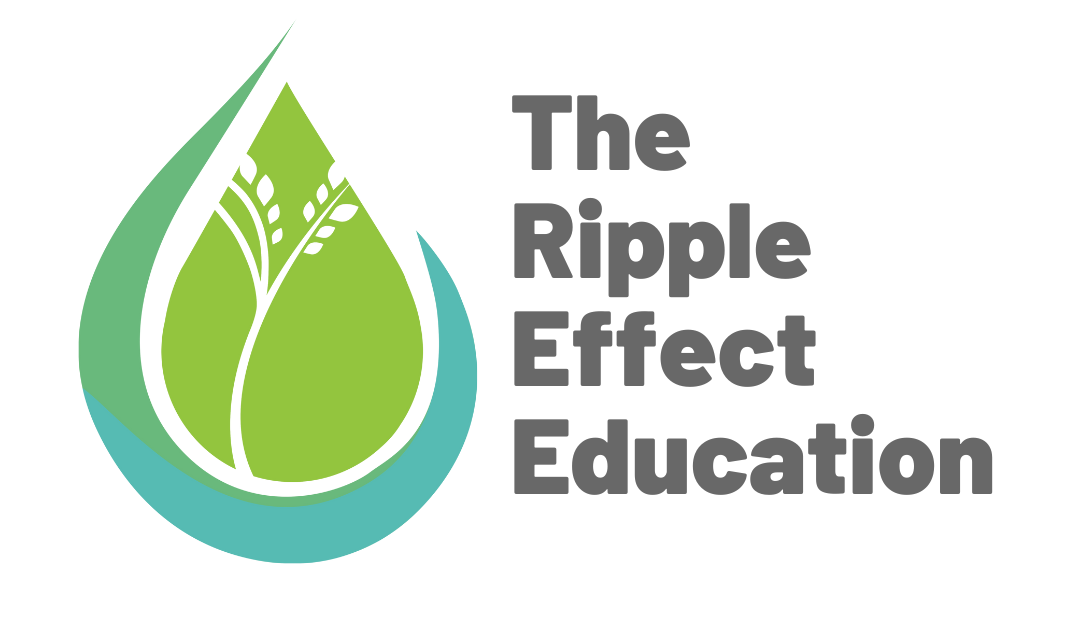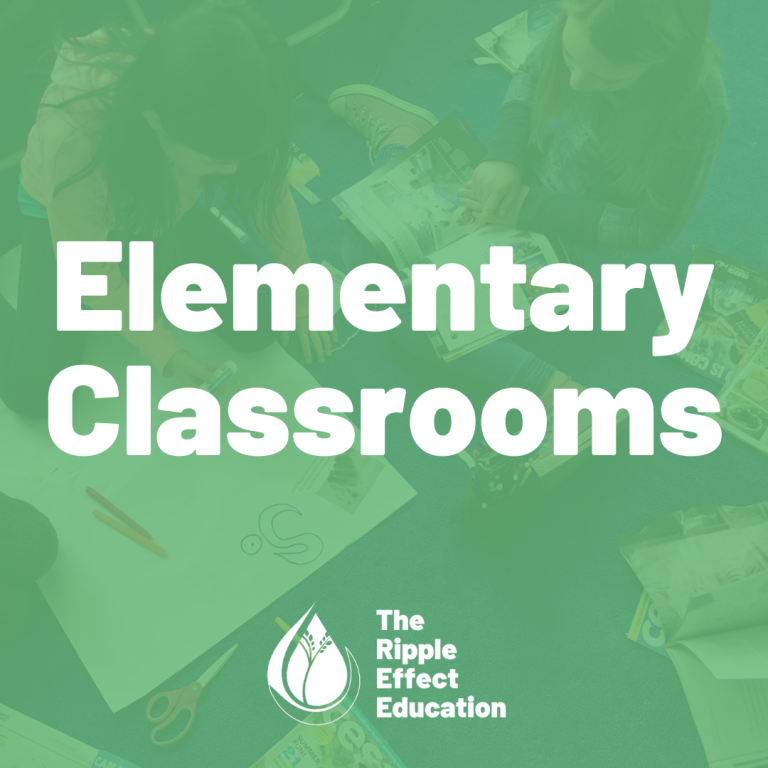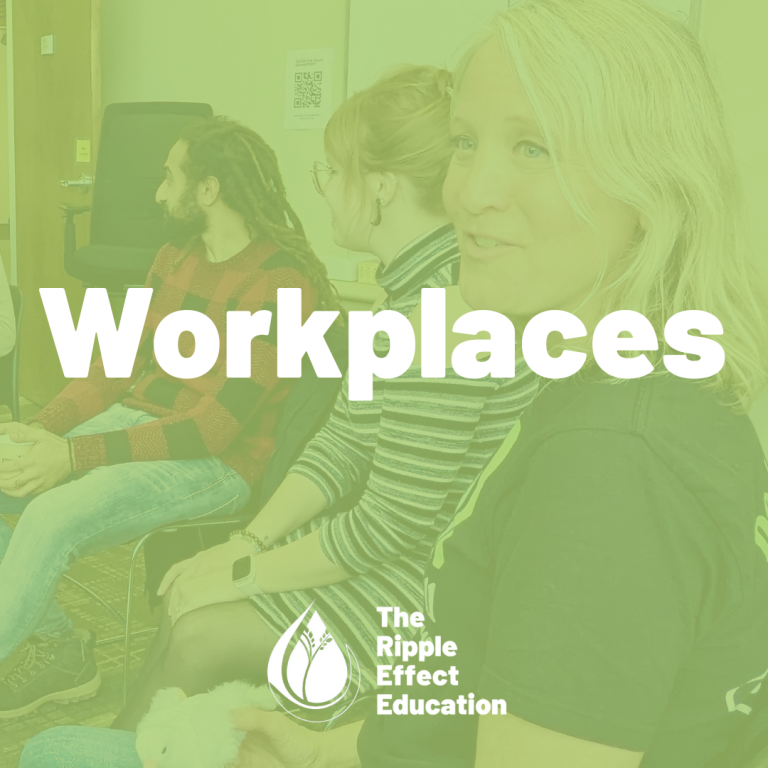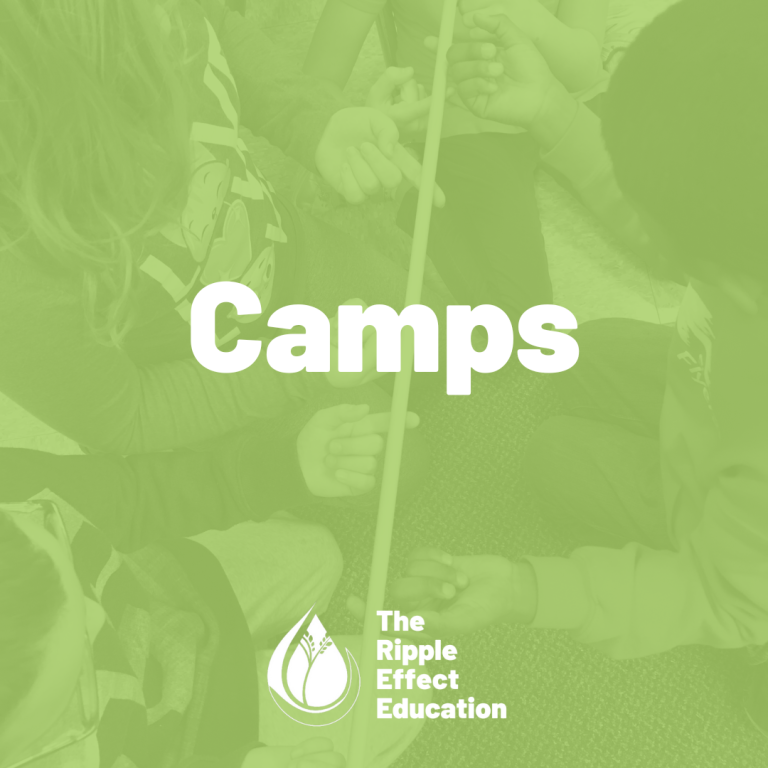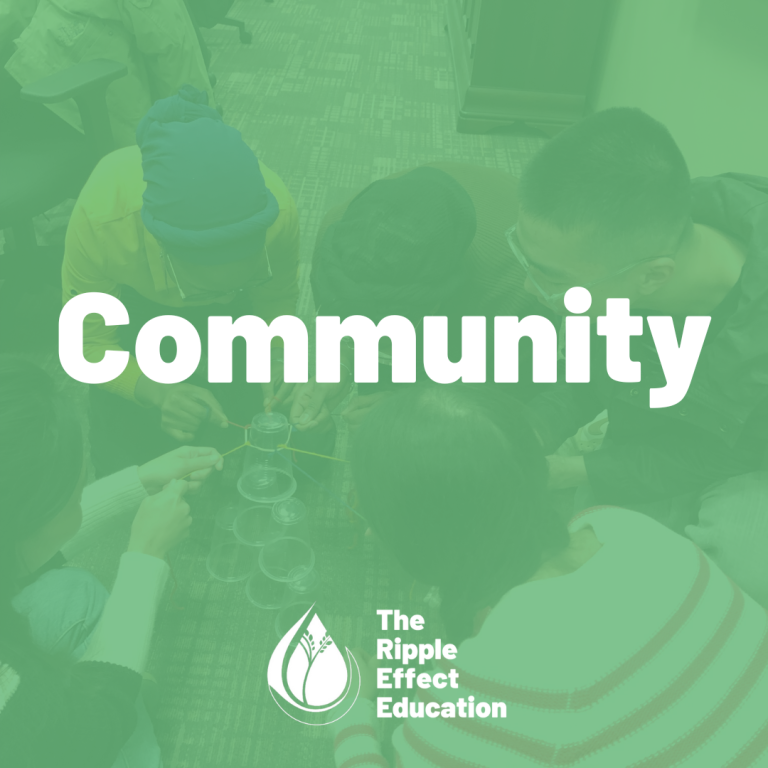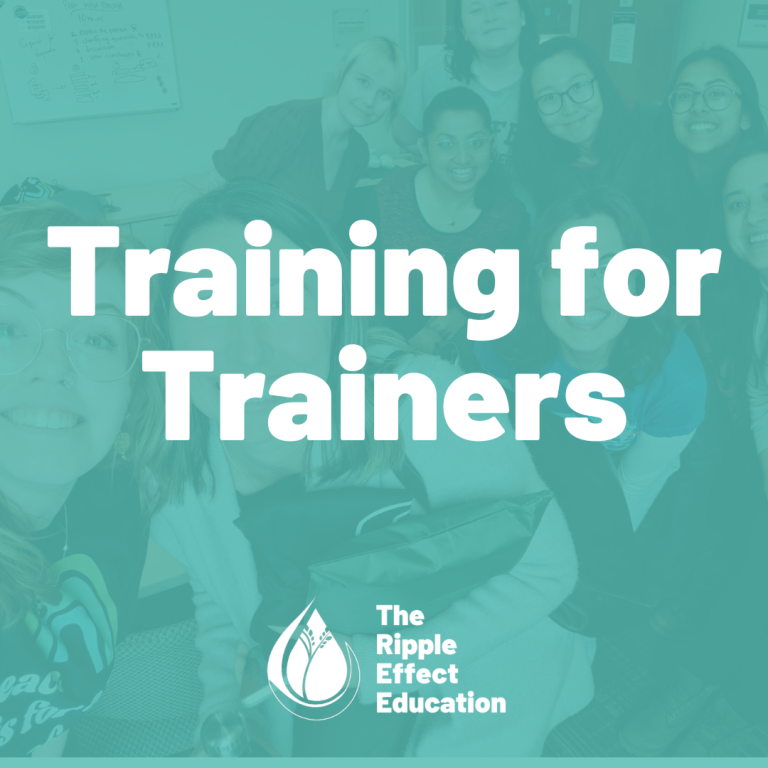It’s April 2020, and many of us are navigating new routines, and new ways of spending time with others. Many of us are staying home, or working with different stressors, which means that new challenges push on our limits, often bringing up intense emotions or overwhelm.
On top of all of the new things coming our way, we and the people we live with might have different expectations about what “the new normal” will look like.
How will we spend our time?
How will we interact with our friends and families?
How will we respond to what is happening locally and globally?
Even in the best of times, when we have different needs, responses, or expectations, we tend to get frustrated and will likely have to do some negotiating.
How do you feel when you have a difficult conversation waiting to happen?
Many of us feel anxious or fearful, and that’s okay.
Some of us may feel grounded and purposeful, and that’s okay.
Some of us may feel a mix of these things, and that’s okay, too.
Today, we wanted to share our roadmap for tough conversations, for wherever you’re at right now.
- First, practice active listening. Get curious about the other person and ask open-ended questions. If you need clarification, ask! Dig deeper to understand their perspective. Your only agenda during this time should be to learn more about them, and create a space for them to be heard.
- Second, stay with their story. For me, this is the toughest part. Breathe through the urge to jump to your story, to interrupt or to “correct.” When I feel this way, I take a breath and say, “Tell me more about that.” I also might write out a few point form notes before the conversation. That way, I know that my side of the story is there, I won’t forget about it, and it can wait. It still exists while I spend time focusing on their story.
- Third, gently shift to your story. Your story should include your needs, using “I” language. Speak about yourself, and focus on your needs moving forward. You might say things like:
- “Thanks for sharing this with me. It sounds like you’re really frustrated about that, which is understandable!”
- “I feel… when… because…”
- “Going forward, I need…”
- “Right now it’s really important for me to… because…”
- “Something that’s been challenging for me right now is… “
How are you doing right now? What challenges are you experiencing with the important people in your life right now?
We’d love to hear how we can help. Share your thoughts in the comments or email us.
Cover Image: Lisa Fotios from Pexels
 Katie Gingerich is the founder and director of TREE, and is an active participant of the Kindred Credit Union Centre for Peace Advancement. Since 2012, she has developed peace education programs for camps, community groups, and classrooms, and is passionate about giving youth the tools they need to transform conflict and seek justice.
Katie Gingerich is the founder and director of TREE, and is an active participant of the Kindred Credit Union Centre for Peace Advancement. Since 2012, she has developed peace education programs for camps, community groups, and classrooms, and is passionate about giving youth the tools they need to transform conflict and seek justice.
